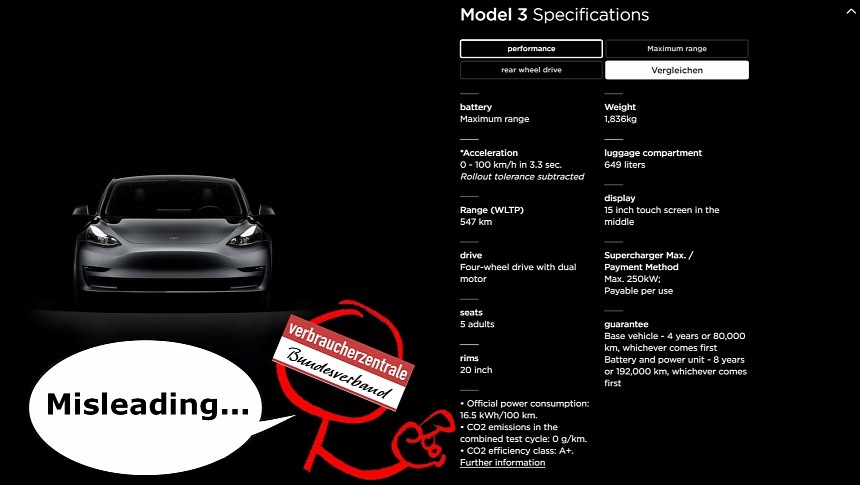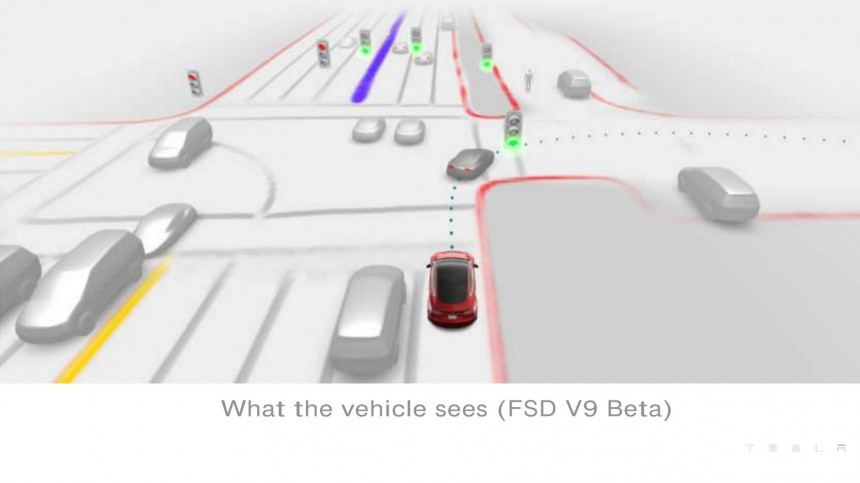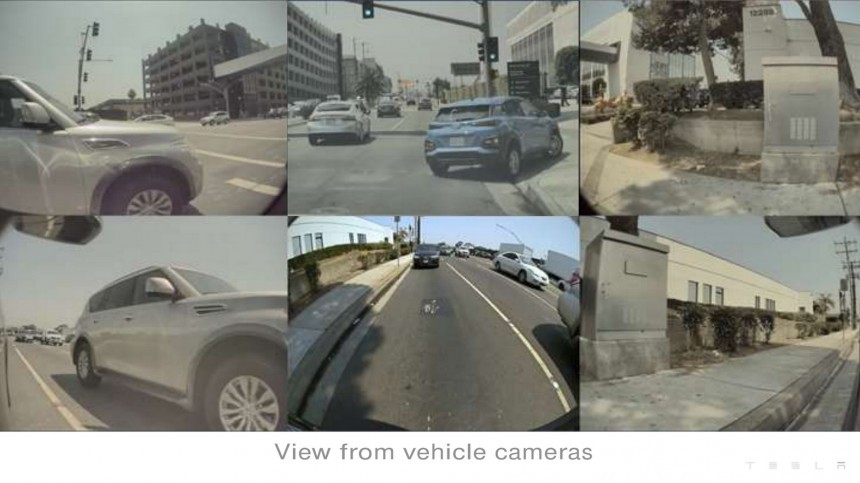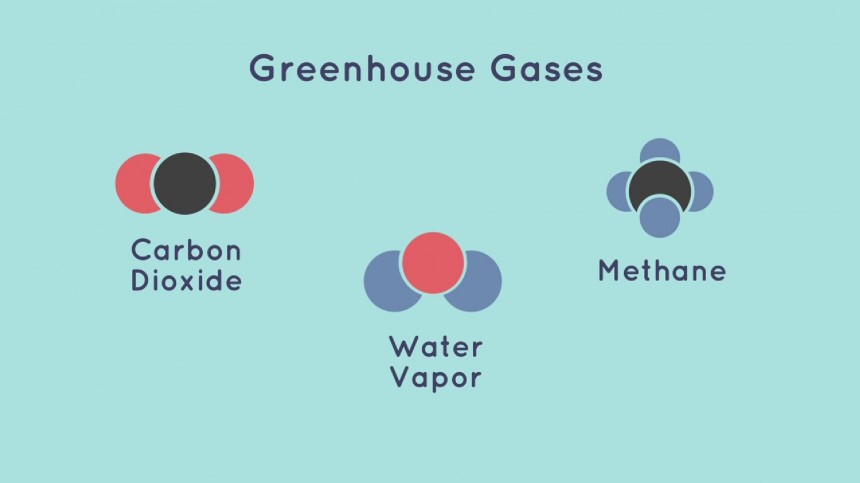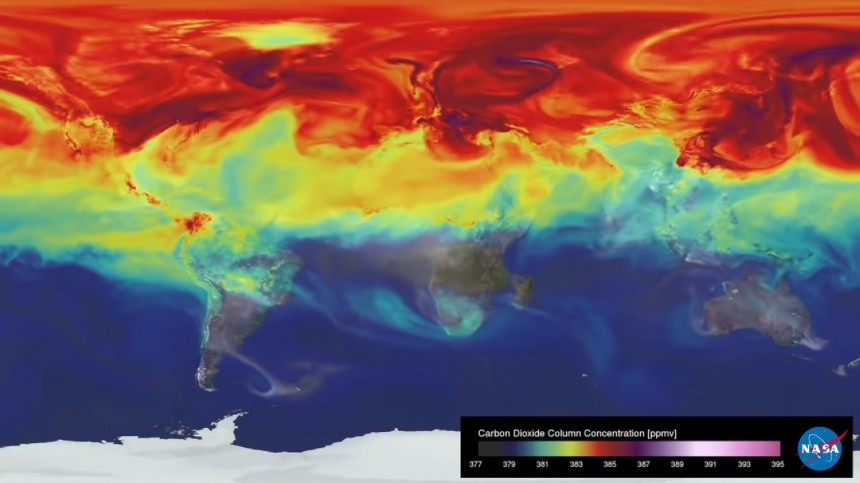The Federation of German Consumer Organizations (Verbraucherzentrale Bundesverband e.V., or vzbv) recently celebrated a victory against Tesla. On July 17, 2022, vzbv disclosed that it was suing the BEV maker for violating European General Data Protection Regulations (GDPR) with Sentry Mode. However, it also disputed the BEV maker's advertisement of CO2 savings. Although both discussions are interesting, it is the last one that is genuinely fascinating. We talked to vzbv about them.
The first one did not even have to see a court decision. Tesla just agreed to sign a cease-and-desist declaration in which it agreed to change the way it advertises how Sentry Mode works. According to vzbv, "Tesla did not inform the consumers on the necessity to comply with the GDPR and the risk of being fined by data protection authorities when using the Sentry Mode." The bad news is that this does not change much the situation of customers who want the feature to protect their cars, particularly in public spaces.
For vzbv, "the legally compliant use of Sentry Mode in public spaces is not possible." That said, any Tesla driver that activates it outside their property is going against the law and is left "with all the responsibility." The German organization noted that "this outcome was within our capacities," meaning they did all they could do to try to help customers. At least they are now aware that Sentry Mode has minimal legal use in Europe.
In the proceedings that led to the cease-and-desist declaration on April 6, vzbv heard that "the data obtained by the function of the Sentry Mode was allegedly not processed by Tesla." Ironically, a scandal involving how the BEV maker handled private data erupted in the US on the same day. Former employees said they shared videos and images obtained by the vehicles, some of which "appeared to have been made when cars were parked and turned off." Although Reuters did not confirm if Sentry Mode was used, the description above fits perfectly how the feature operates. I asked vzbv about the scandal, and the association said it was discussing it internally when we last spoke.
If there is any consolation for Tesla customers, it is that those willing to break GDPR in public spaces in Germany may still use the videos in lawsuits. The Federal Court of Justice ruled that footage from dashcams may be valid in some cases despite their illegal origin. Although it did not talk about burglary and acts of vandalism, it is fair to suppose a video that helps identify perpetrators would be accepted in a civil case, perhaps even a criminal one.
Regarding Tesla's CO2 savings claims, vzbv thinks the BEV maker's claims are misleading because it states its vehicles do not emit carbon. Although that is only valid if the BEV is charged from carbon-neutral electricity sources, this is not what the German association argued. It used completely new reasoning to state that this was not correct, and vzbv's argument is really interesting.
Tesla sells carbon credits, which allow other manufacturers to exceed the CO2 emissions their fleets are supposed to respect. For vzbv, that means that the BEV maker is taking responsibility for the emission excess other car companies want to avoid. That said, it is not correct to say Tesla vehicles are saving CO2 when they allow others to emit the gas in its place. Fair enough.
Although it is an enlightening interpretation of carbon credits, the Berlin Regional Court did not accept it. The German customer association will appeal the decision. I did not ask them if they would argue about indirect emissions this time, but that would have a good chance of winning. After all, approximately 80% of Germany's energy mix comes from fossil fuels: 40% from oil, 10% from coal, and 30% from gas. That should get even worse after the government decided to shut down the last nuclear power plants the country had. In other words, any EV charged in Germany will present indirect emissions, even if they are very low. Higher German courts may agree with vzbv that carbon credits are another way of emitting CO2.
For the customer association, the critical part of the story is that customers do not get fooled by the idea that they are not contributing to carbon emissions. If that happens indirectly, there is also an impact that these buyers should be warned about, and Tesla's advertisement – what it writes on its website, in this case – should not greenwash that. I'll try to bring the appeal result as soon as vzbv has an answer for it.
In the end, the German consumer association raised essential questions. The first is how Tesla managed to offer a feature that is basically illegal in Europe for its main purpose: protecting the BEV in public spaces. If it represented such an evident risk to GDPR, shouldn't European authorities had forbidden it before Tesla deployed it? The second is how nobody ever figured out that carbon credits are something that goes against the goal of reducing CO2 emissions. Sure, they may help feed BEV startups, but at what cost? Unfortunately, those questions will probably never have an answer.
For vzbv, "the legally compliant use of Sentry Mode in public spaces is not possible." That said, any Tesla driver that activates it outside their property is going against the law and is left "with all the responsibility." The German organization noted that "this outcome was within our capacities," meaning they did all they could do to try to help customers. At least they are now aware that Sentry Mode has minimal legal use in Europe.
If there is any consolation for Tesla customers, it is that those willing to break GDPR in public spaces in Germany may still use the videos in lawsuits. The Federal Court of Justice ruled that footage from dashcams may be valid in some cases despite their illegal origin. Although it did not talk about burglary and acts of vandalism, it is fair to suppose a video that helps identify perpetrators would be accepted in a civil case, perhaps even a criminal one.
Tesla sells carbon credits, which allow other manufacturers to exceed the CO2 emissions their fleets are supposed to respect. For vzbv, that means that the BEV maker is taking responsibility for the emission excess other car companies want to avoid. That said, it is not correct to say Tesla vehicles are saving CO2 when they allow others to emit the gas in its place. Fair enough.
For the customer association, the critical part of the story is that customers do not get fooled by the idea that they are not contributing to carbon emissions. If that happens indirectly, there is also an impact that these buyers should be warned about, and Tesla's advertisement – what it writes on its website, in this case – should not greenwash that. I'll try to bring the appeal result as soon as vzbv has an answer for it.
